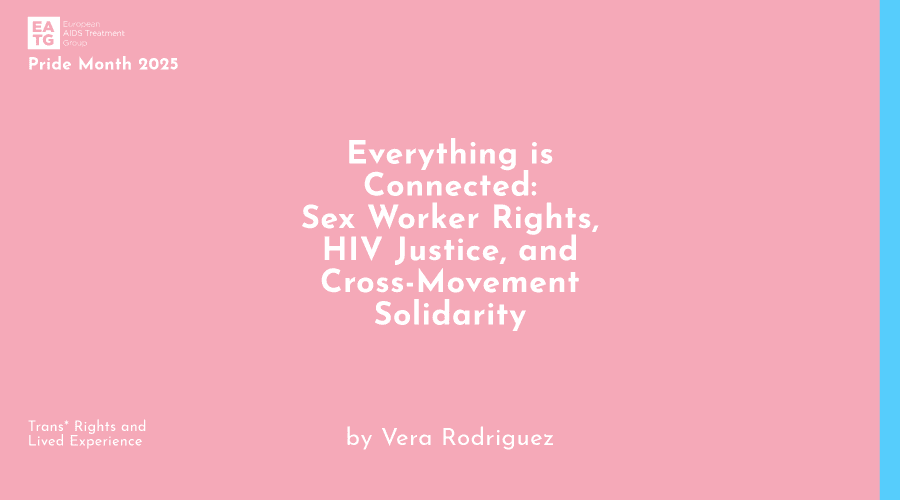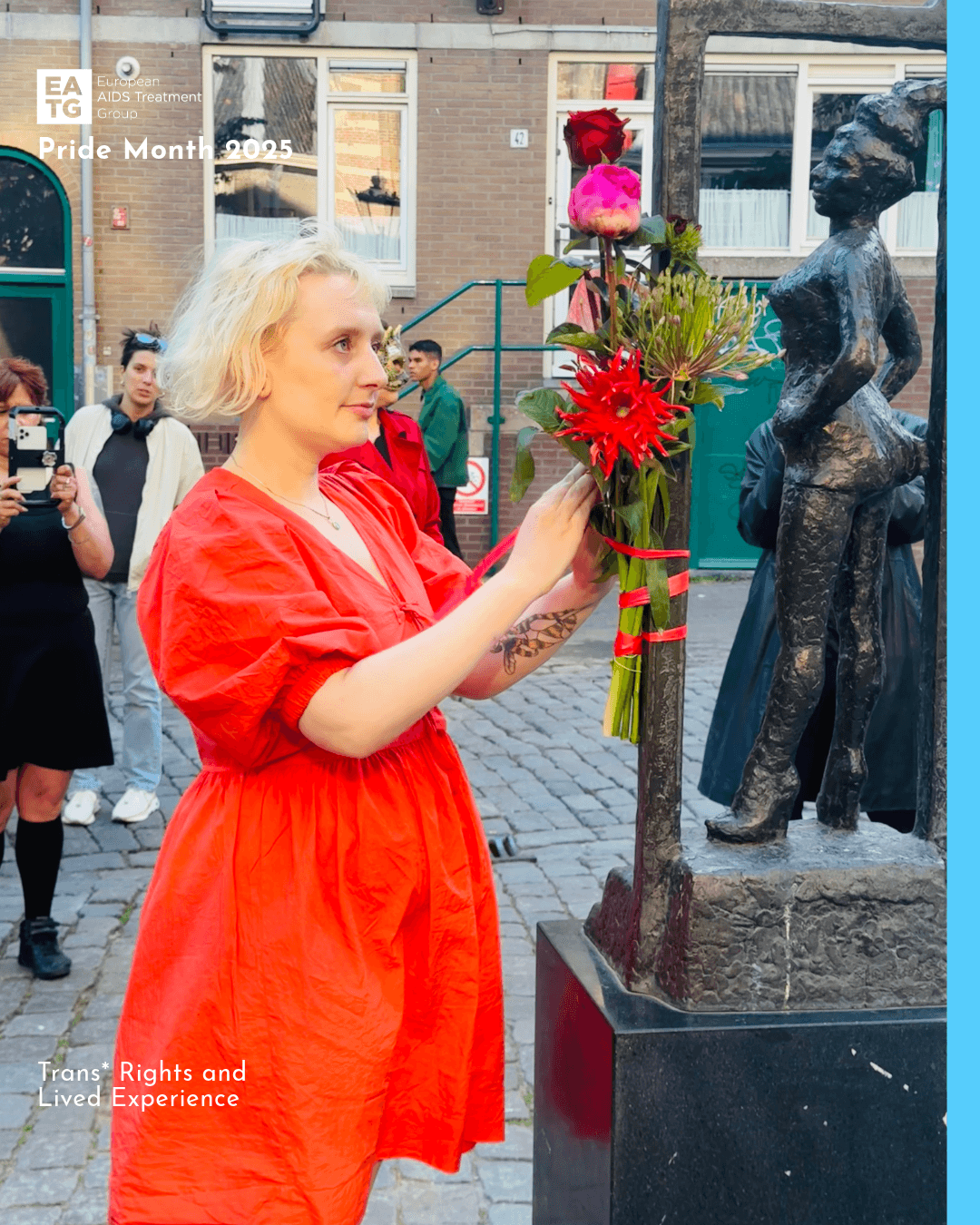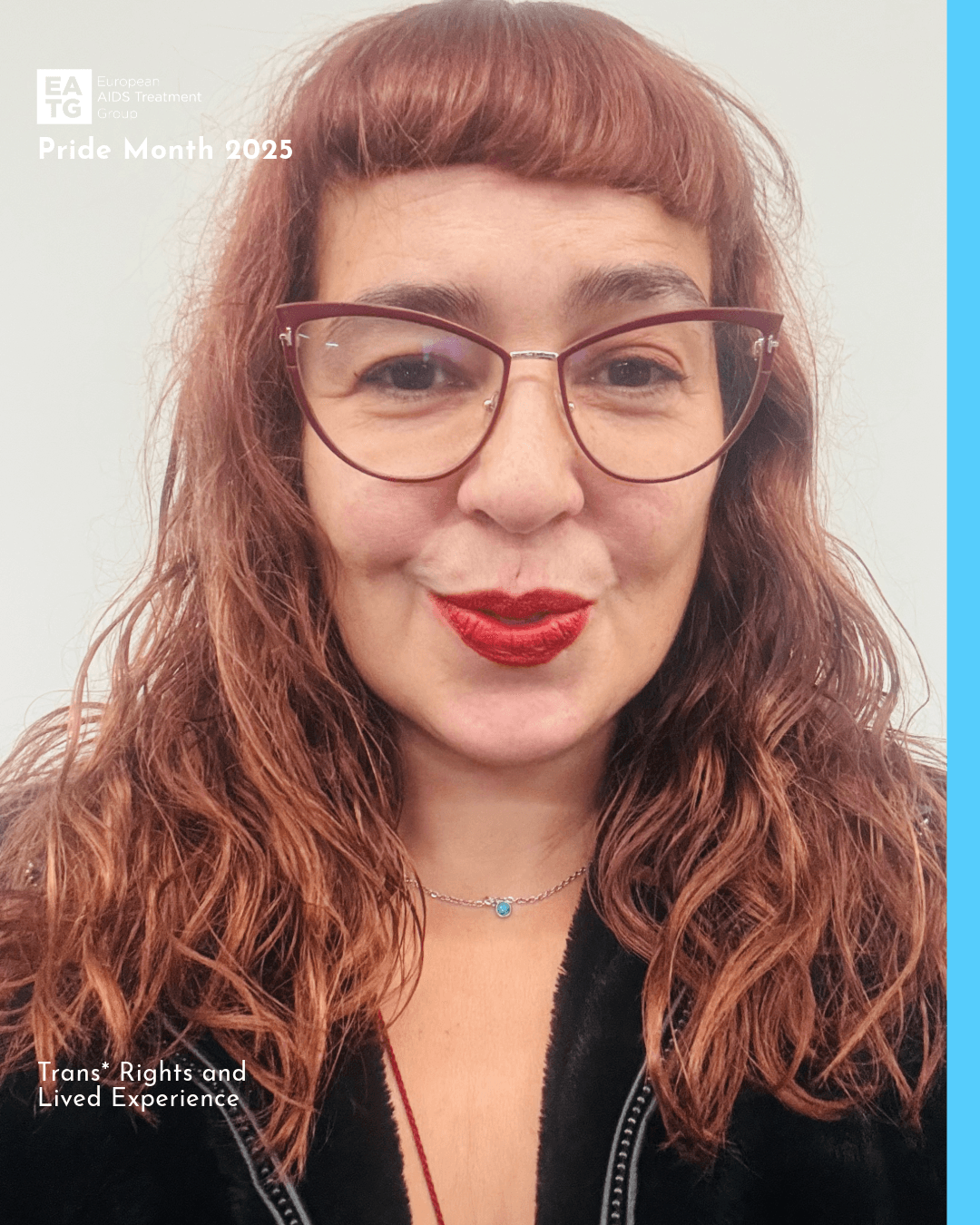
June 2nd is International Sex Workers Day, honouring the sex workers who occupied a church in Saint-Nizier, France, demanding an end to their on-going struggles of arbitrary arrest, poverty and violence. At ESWA, we marked the 50th anniversary by organizing decentralized actions across Europe to emphasize that—half a century later—we are still fighting for the same rights our comrades fought for: safety, justice, and the end of stigma and criminalization.
13 organizations across Europe coordinated a series of powerful actions: demonstrations, performances, exhibitions, sanctuaries, debates, workshops, and readings—all live-streamed by our Whore TV.
Fifty years later, we made history again with the largest ever sex worker-led action ever across Europe. It proved that our movement is more visible and united than ever—even though our demands remain unchanged: full decriminalisation of sex work and our lives free from violence and discrimination.
That very same day, our Instagram account—with over 10,000 followers—was reported for allegedly promoting sex trafficking. This attempt to censor us highlights the challenges that we continue to face. Thanks to our digital rights program, the page was restored the next day. A post had been reported as promoting sex trafficking. They tried to silence us, but they couldn’t. We documented our actions thoroughly as we write the history of our struggle. We will not disappear—and the more inequalities this world throws at us, the more we will grow in numbers.
I had the honor of being a part of this historic moment in Amsterdam. The event began with a powerful opening speech and a reading by a sex worker at the Prostitute Information Centre, in the Red-Light District. We then walked together to the statue of Belle—dedicated to sex workers worldwide—where community members shared emotional speeches.
This was followed by a pop-up street fashion show honoring and celebrating sex workers who made history including: Maria Magdalena, Veronica Franco, Gangubai and Jack Saul. These icons were reignited to remind us that culture unites us and fuels our fight for our primary ask: the full decriminalization of sex work.
How does the occupation connect to ending the HIV epidemic?
The World Health Organization and UNAIDS advocate for the decriminalization of sex work as a public health measure, to reduce HIV transmission and improve sex workers’ lives. The Lancet Series on HIV and sex workers showed that decriminalisation of sex work would have the greatest effect on the course of HIV epidemics across all settings, averting 33–46% of HIV infections in the next decade.
We are still fighting for these life changing improvements, and we will keep raising our voices—organizing screenings and readings, challenging unjust laws and policies, and making noise in the streets, and creating networks of support and resistance behind the curtains.
Recent HIV funding cuts have created an uncertain future, and there are many struggles ahead. Now more than ever, we must learn to support each other, show solidarity, and find new ways of resistance.
Sometimes we mourn, sometimes we dance as our fight continues. We are grateful to our allies, and there is still so much to do: support us, amplify our voices, and when possible, celebrate with us or strategise with us in safe spaces.
As someone who has done sex work for 17 years, I am committed to showing up in solidarity and moving beyond identity politics toward actions of collective care and solidarity. Just to name few: the HIV movement needs our support. Trans people need our support. I stand against the genocide in Palestine and other atrocious wars that are happening at this very moment. I am against patriarchy, and I am committed to continuing anti-racist work and learning from the people who have expertise from lived experiences. It is a work in progress.
Unless we challenge our perspectives and support each other, we will not save this endangered and unjust world. Everything is connected. Let’s show up for each other. Let’s learn from one another. Together, we are stronger.
Now, more than ever, I hope we can build connections – and move forward together with cross movement solidarity.
I see you around!
Vera Rodriguez
Programme Officer on the Right to Health (ESWA)
SCOPE Community Expert Member (EATG)
#PrideMonth2025
#PrideMonth
#TransRights
Related Blogs
-
Starting a Community-based HIV Association: The First Year of Brescia Checkpoint, an Italian Experience
-
Pride Month 2025 | Centering Trans Leadership in HIV Responses: Community-led Strategies and Policy Influence in Armenia
-
Pride Month 2025 | “We Are Still Here”: Trans Lives, HIV, and the Unseen Epidemic in Eastern Europe and Central Asia
Get involved
Are you living with HIV/AIDS? Are you part of a community affected by HIV/AIDS and co-infections? Do you work or volunteer in the field? Are you motivated by our cause and interested to support our work?
Subscribe
Stay in the loop and get all the important EATG updates in your inbox with the EATG newsletter. The HIV & co-infections bulletin is your source of handpicked news from the field arriving regularly to your inbox.



